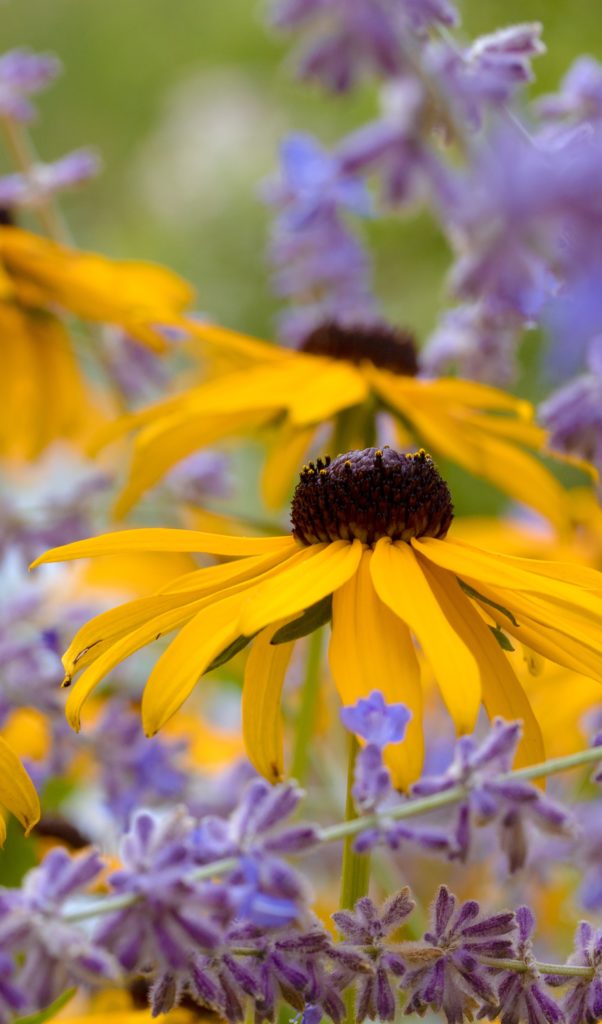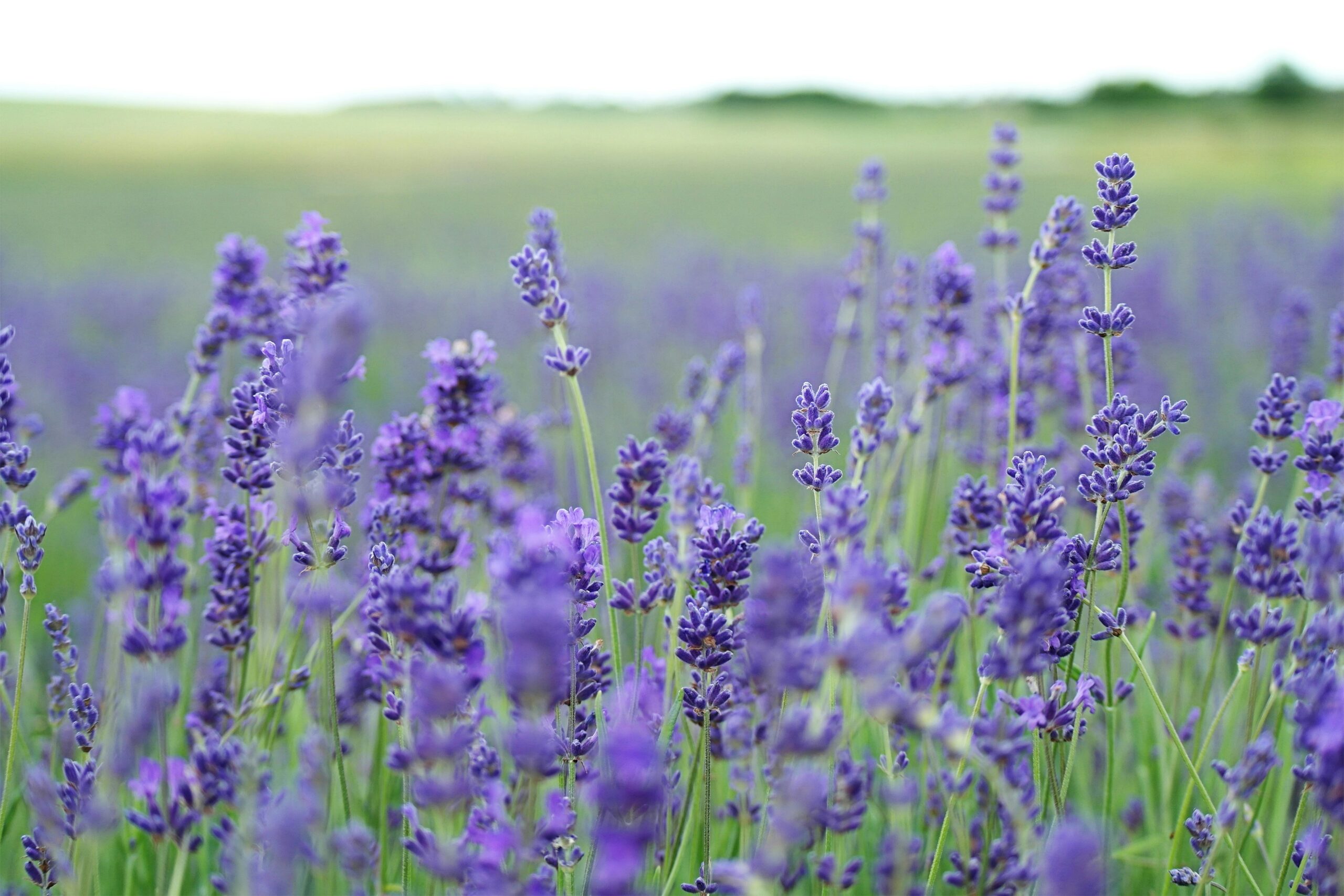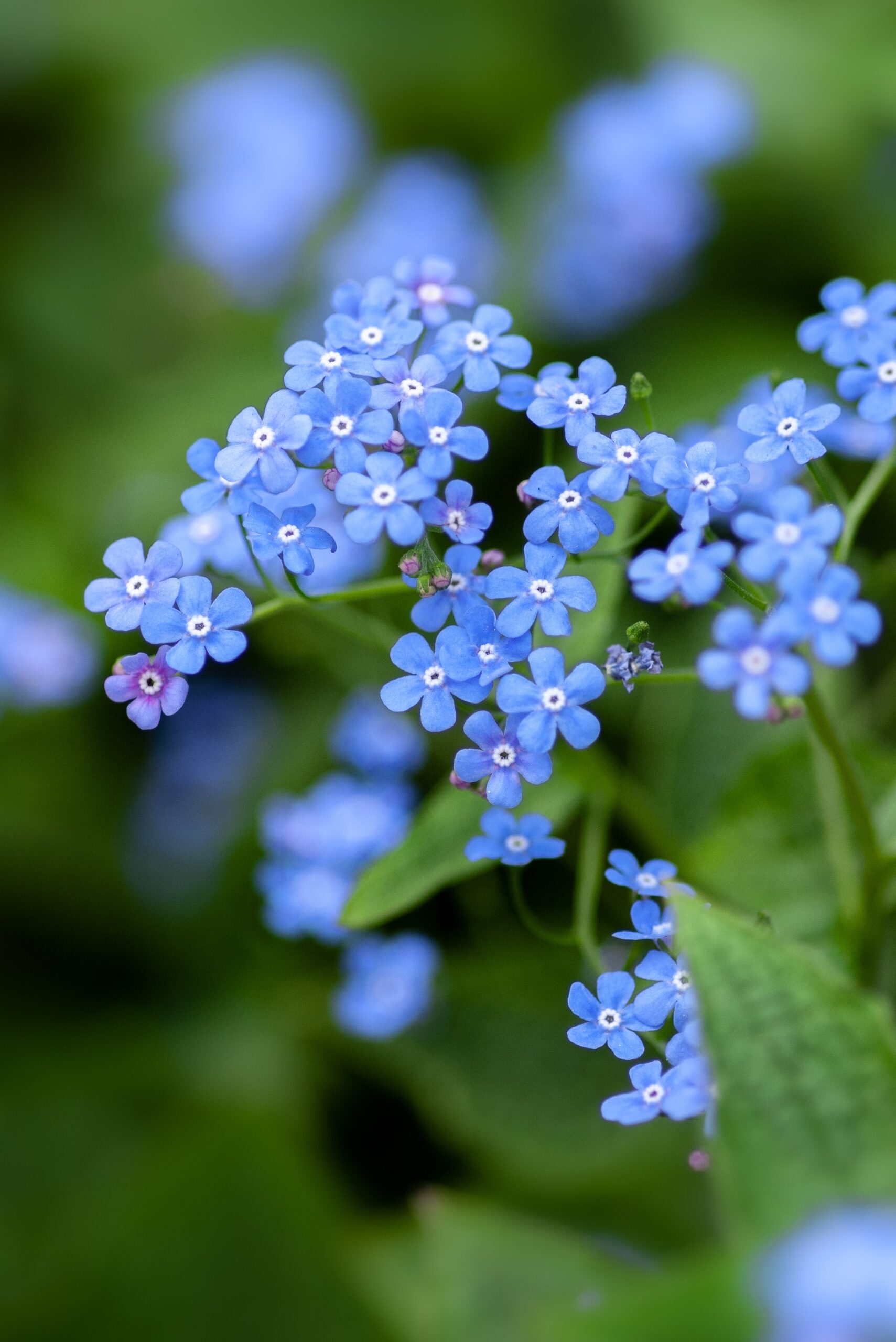SEEDS FOR PARIS
Lavender and Rudbeckia

Lavender and Rudbeckia
Lavandula angustifolia; Rudbeckia hirta
- Full sun
- Easy Care
- Outdoor
Why we chose them for Paris
Lavender is cultivated extensively around the world as an ornamental plant for garden and landscape use, for use as a culinary herb, and commercially for the extraction of essential oils. It has also been used over centuries in traditional medicine and cosmetics.
Many species of Rudbeckia, also known as black-eyed Susan, are used in prairie restorations, for ornamental use, and by livestock for forage. An abundance of these plants on a rangeland indicates good health. They are deer and rabbit resistant.
Many species of Rudbeckia, also known as black-eyed Susan, are used in prairie restorations, for ornamental use, and by livestock for forage. An abundance of these plants on a rangeland indicates good health. They are deer and rabbit resistant.
Quick Facts:
Plant types
Herbaceous perennials
Plant height:
Rudbeckia: 2.00 to 3.00 feet
Lavender: 2.00 to 3.00 feet
Growing conditions
Average, dry to medium, well-drained soil
Location
Outdoor
Season to flower
Rudbeckia: June to September
Lavender: June to August
How to plant
The seed card is made from recycled paper and contains flower seeds in its structure. Plant them in a sunny spot outside, water them, and wait until they sprout.
1. Tear up the card into small pieces and bury them right under the surface of the soil.
2. Water generously. Do not allow the soil to dry out before the seedlings appear.
3. Do not forget to water your flowers periodically if it hasn’t rained for a while
SUSTAINABILITY CHALLENGE
We invite you to join us in planting the seed of hope: deepen your relationship with nature, protect and wonder at our vast Earth.



